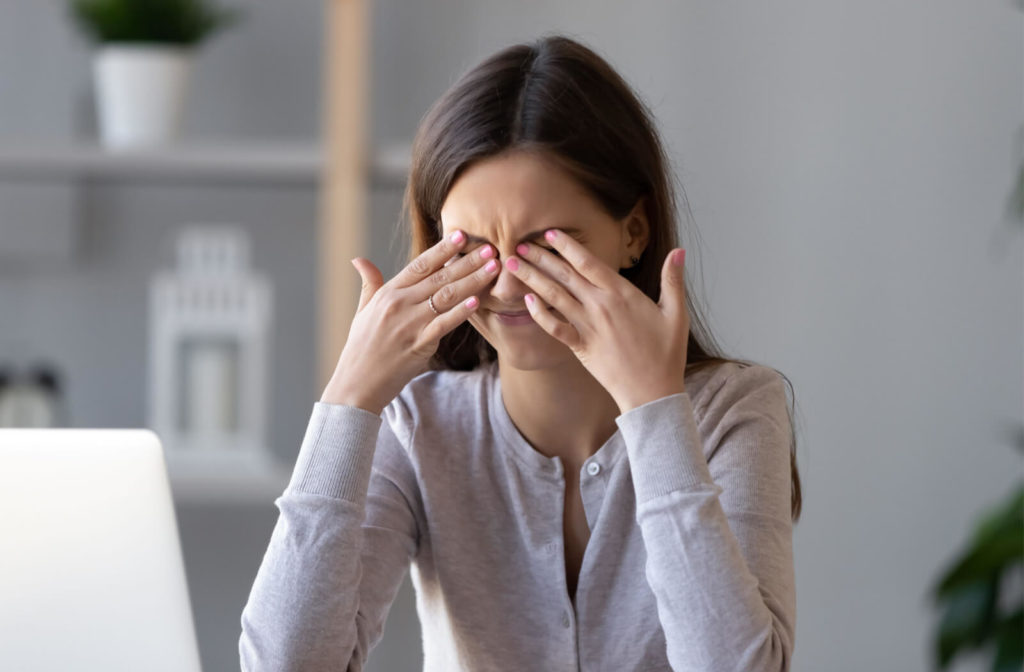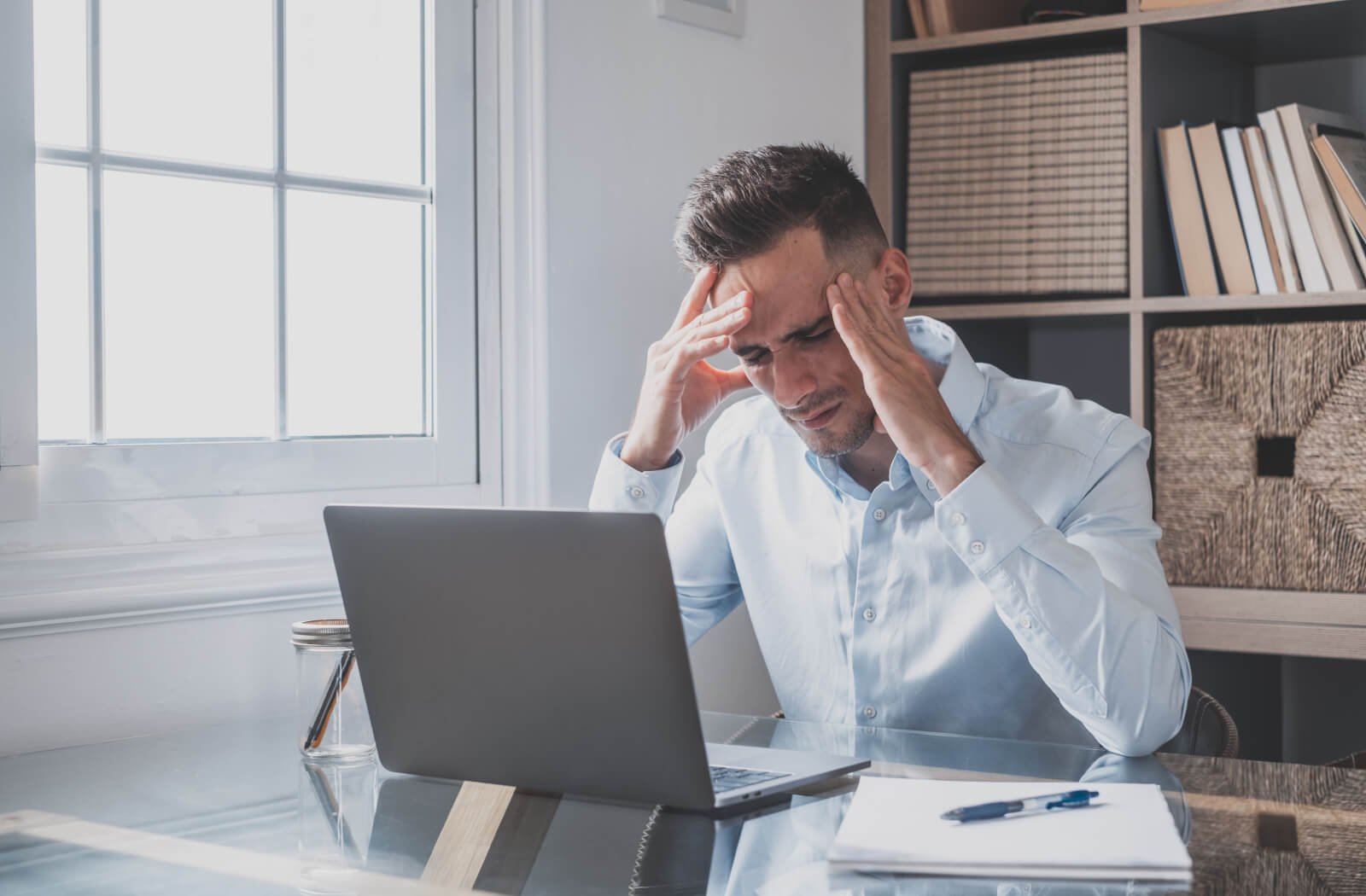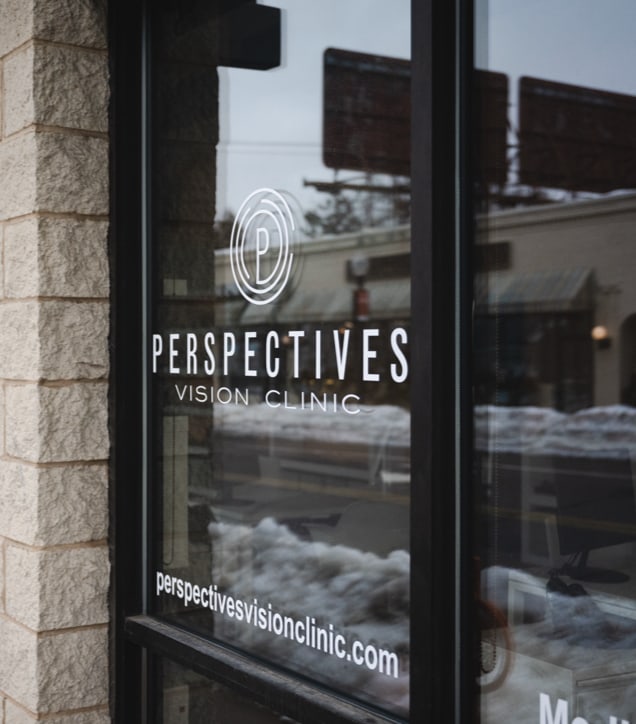Dry eye is a prevalent eye condition that affects millions of Americans. Fortunately, dry eye doesn’t typically lead to severe or vision-threatening complications. But it can be quite uncomfortable and lead to symptoms such as headaches, infection, or scratches on the eye if left untreated.
It may not always be possible to prevent dry eyes, depending on what causes yours. But there are a few treatment options your eye doctor can offer. Some people also find success with various home remedies in conjunction with therapies from an optometrist.
What Is Dry Eye?
Dry eye disease is usually referred to as simply dry eye. It’s a condition that affects your eye’s tear film. The 2 major subtypes of the condition are aqueous deficiency (not enough tears) and evaporative dry eye. Each affects the tear layer and your eye a little bit differently.
Aqueous Deficiency
Your tear film consists of 3 major parts: water, oil, and mucus. Aqueous deficient dry eye is when your eye doesn’t produce enough water for your tears. This results in a lack of lubrication, which leads to the familiar and uncomfortable symptoms of dry eye.
Evaporative
In contrast, evaporative dry eye has nothing to do with the amount of tears produced. It’s due to an insufficient amount of oil in the film, which results in the premature evaporation of the tears. Meibomian gland dysfunction (MGD) is a leading cause of evaporative dry eye.

Symptoms of Dry Eye
There is a fairly significant list of symptoms for dry eye disease. Not everyone experiences this condition the same. If the eye doctor examines your eyes, they may be able to diagnose the root cause. With that knowledge, they should be able to tailor the treatment to your experience.
Common symptoms of dry eye include:
- Feeling like something is in your eye
- Irritated or burning feeling
- Red eyes
- Watery eyes
- Mucus discharge
- Blurry vision
- Eye fatigue
- Trouble wearing contact lenses
- Trouble with low-light vision
Other Possible Symptoms & Complications
Some symptoms, such as headaches, may be less common. A headache, for example, isn’t directly from your dry eyes. But if they are severe and cause things like eye fatigue or eye strain, a headache usually isn’t far off.
Additionally, if dry eye is left untreated, there are a couple of harmful complications that could result:
- Infection: In addition to lubricating your eyes and helping with focus, your tear film also helps protect your eye from infection. Our eyes come into airborne contaminants throughout the day that your tear film helps get rid of.
- Ocular damage: In severe cases of dry eyes, the cornea’s surface could sustain abrasion damage from a lack of lubrication.
Treating Dry Eye
There are several reliable dry eye therapies available that you can discuss with your eye doctor:
- Eye drops: These are typically the first line of treatment the eye doctor recommends. Many minor to moderate cases of dry eye can be relieved with a good lubricating eye drop. If you have chronic symptoms, your optometrist may suggest a preservative-free formula to prevent irritation from the eye drops.
- Medication: Your eye doctor may prescribe medication in more severe cases. The type of medicine depends on what is causing your symptoms. For example, some medications could stimulate tear production or reduce inflammation from irritation.
- Clearing meibomian glands: With MGD being one of the leading causes of evaporative dry eye, there are several methods of clearing the glands. Warm compresses, heated eye masks, and manual expression are all potential options.
- Specialty contact lenses: In many cases of dry eye, contact lenses aren’t an option. But there are some specialty contact lenses that could even help with symptoms, such as scleral lenses.
- Light therapy: Some optometry clinics offer various types of light therapy for dry eye. These treatments typically work by stimulating or unclogging the meibomian glands.
Home Remedies You Can Try
For most things involving your eyes or vision, it’s a good idea to involve your eye doctor. There are a few things you can try at home to find some symptom relief until you can see your optometrist:
- Warm compress: A warm compress can do a few things—it can help unclog your meibomian glands, and it can also soothe the irritation and help relieve that uncomfortable, scratchy feeling.
- Eye drops: You don’t need to wait to see your eye doctor to use a lubricating eye drop. One thing to remember is that long-term use of eye drops could cause some of the irritation you’re trying to relieve unless you use a preservative-free formula.
- Diet and lifestyle changes: Staying hydrated and including lots of omega-3 fatty acids in your diet can be beneficial in preventing dry eyes. Also, keeping your bedroom humid and reducing time spent in dry air can help.
Discuss Dry Eye Symptoms with Your Optometrist
At Perspectives Vision Clinic, we’re here to help patients suffering from dry eyes. Our friendly staff is happy to answer your questions and schedule you in to see one of our optometrists about your dry eyes. Contact our office today.










